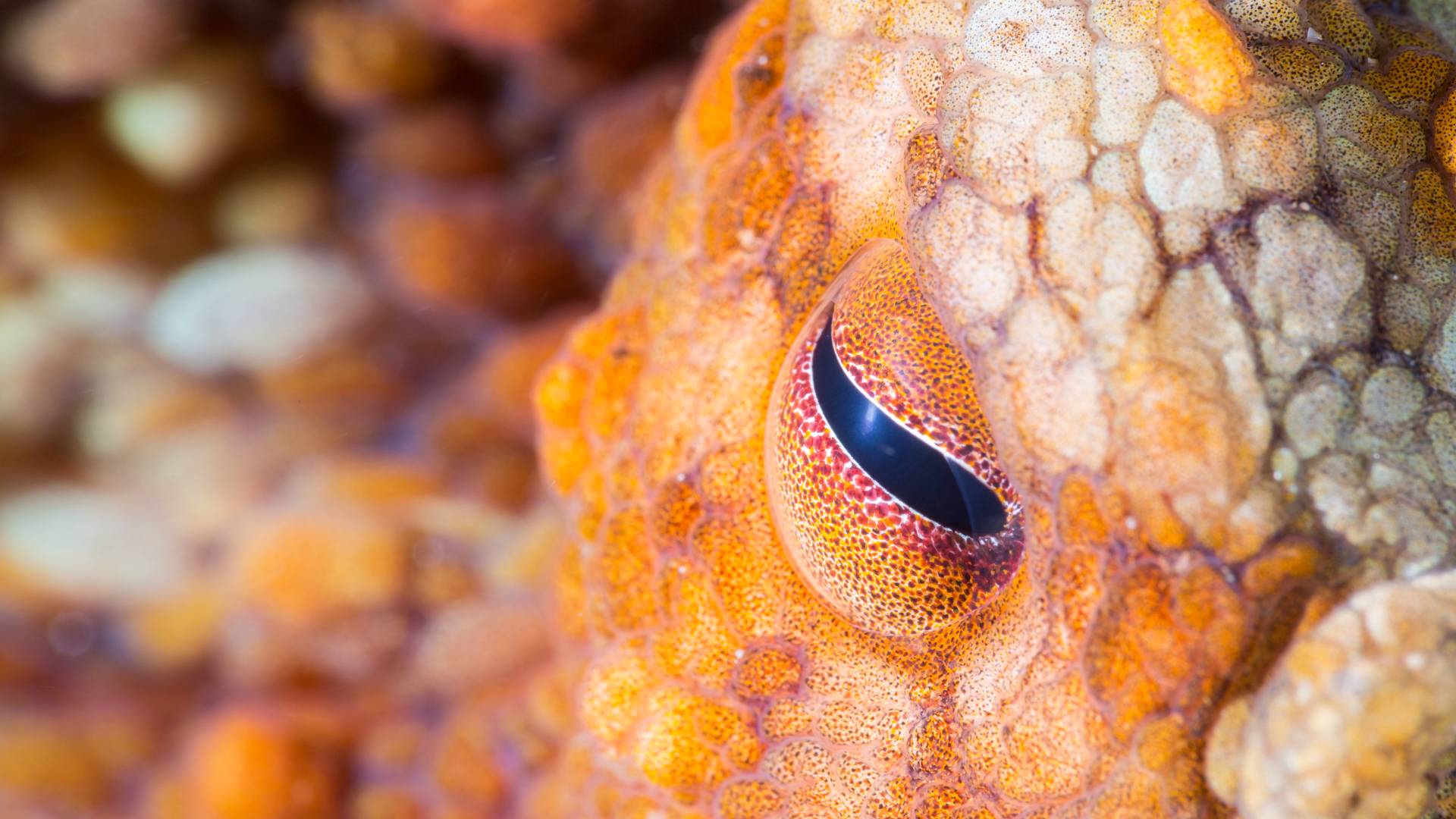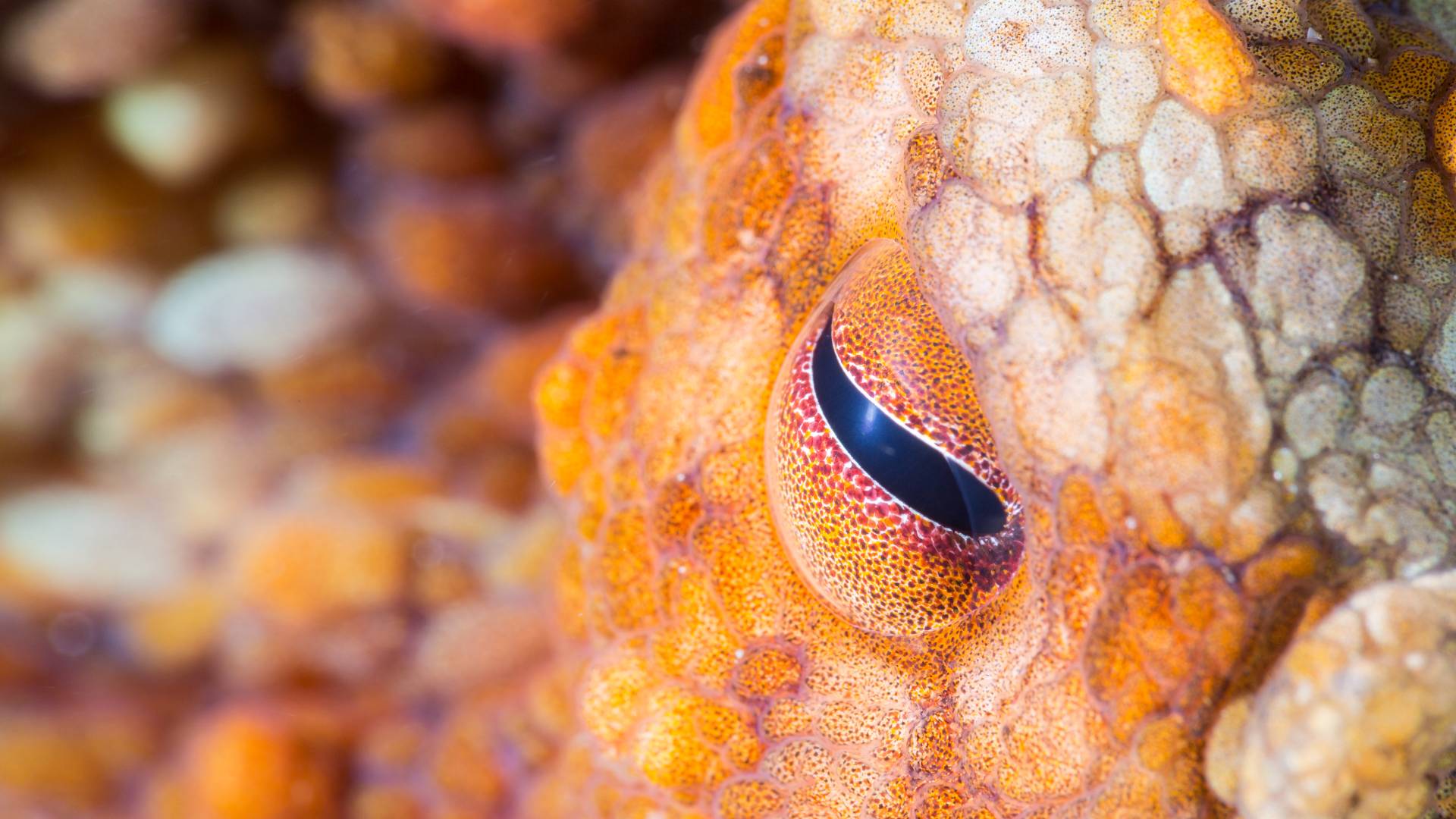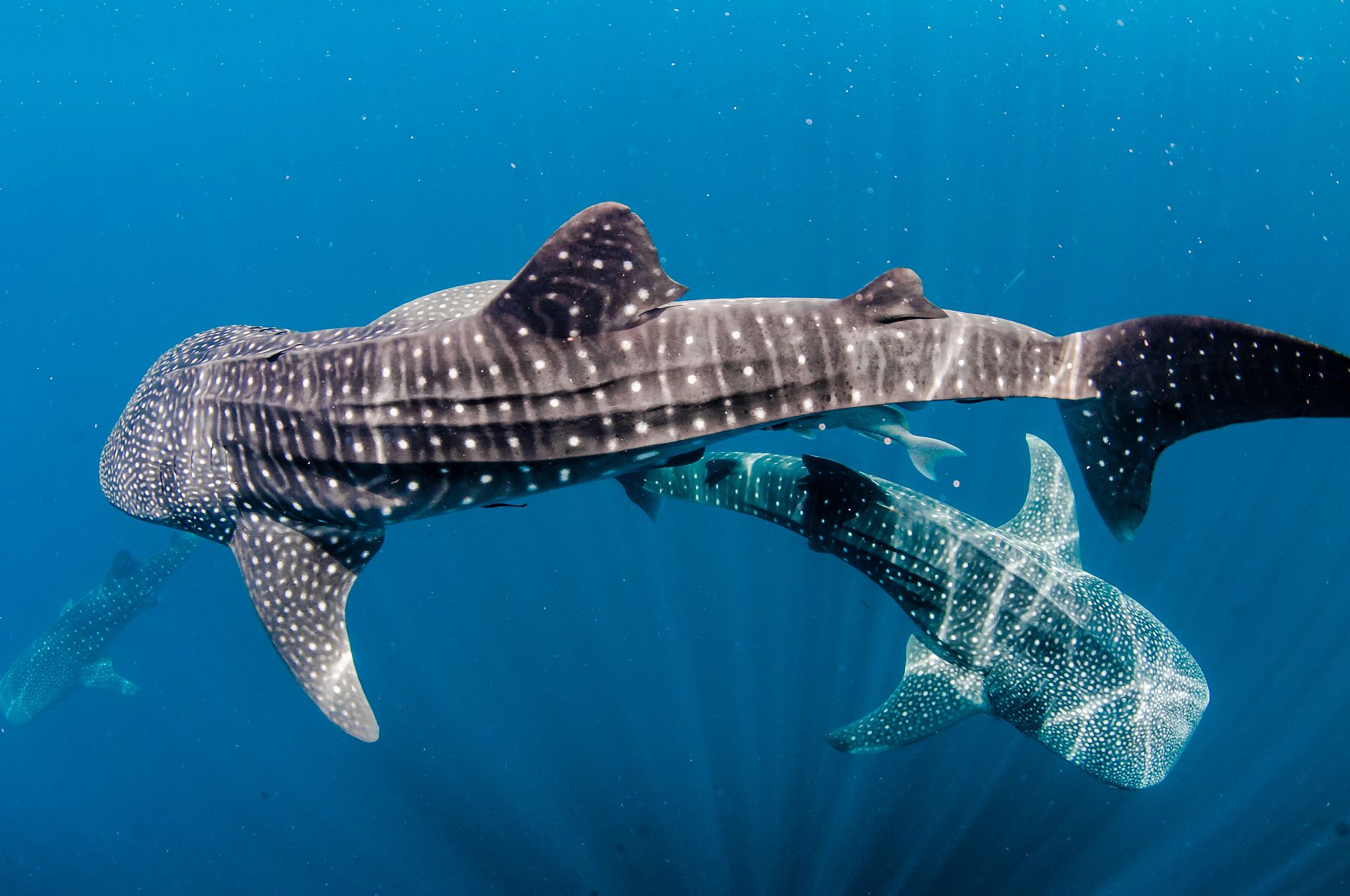Getting Cephalopods Out of Research
Cephalopods are a class of aquatic animals that don’t have backbones, such as squids, octopuses, cuttlefish, and nautiluses. Cephalopods are delicate creatures, requiring highly specialized care in captive environments to avoid distress, disease, and death. They are also highly intelligent, with complex nervous systems, unique behavioral repertoires, and capacity for pain.
Being invertebrates, cephalopods are excluded from United States policy that regulates the care and use of laboratory animals. Despite these facts, cephalopods are used in a variety of federally funded research contexts and evidence suggests their use is increasing. In the short term, the Physicians Committee is working urgently to close the gap that allows researchers to experiment on cephalopods without any federally mandated oversight. Ultimately, invasive research using cephalopods should be replaced with nonanimal, human-specific approaches or noninvasive wildlife research.
Closing the Gap
A Virtual Briefing on Establishing Federal Research Protections for Cephalopods
On September 23, 2022, our team was "on the Hill" for a virtual Congressional briefing to raise awareness about this important issue and to urge Congress to help us put pressure on agencies to take action and protect cephalopods.









